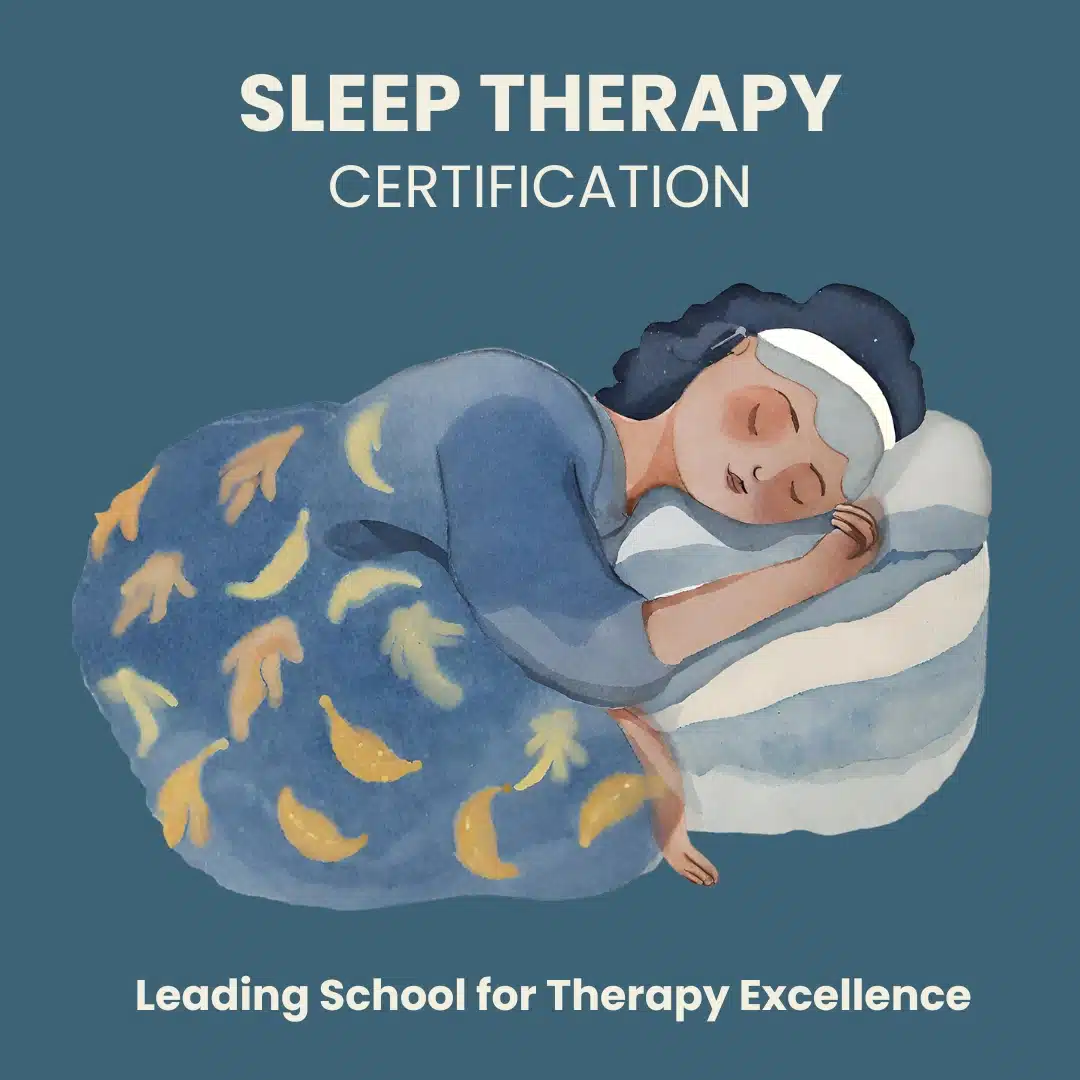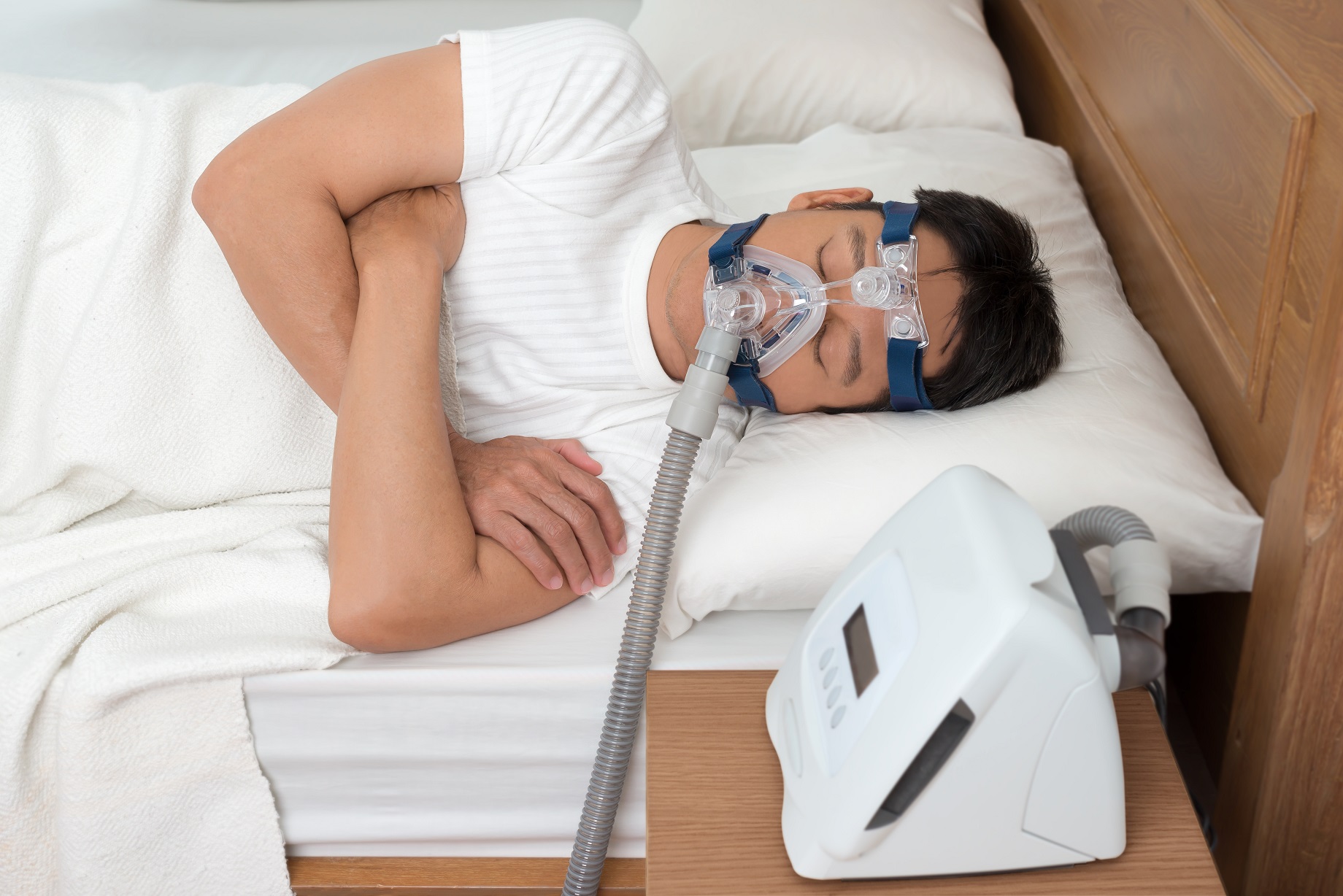Sleep Improvement Therapy - Improve Your Sleep Quality
Sleep Improvement Therapy - Improve Your Sleep Quality
Blog Article
Effective Therapy Solutions for Taking Care Of Rest Disorders and Enhancing Relaxed Sleep
In the realm of medical care, the administration of rest disorders and the quest for peaceful sleep are pivotal components of overall well-being. Reliable treatment options supply a diverse strategy to deal with these obstacles, ranging from cognitive behavior treatments to alternative practices that promote leisure and mindfulness. The expedition of numerous methods, including the integration of drug and light treatment, opens a world of possibilities in the quest of far better sleep high quality. As we navigate the complex landscape of rest problems and look for to boost our rest experience, a deeper understanding of these therapy options may hold the key to unlocking a more relaxing and satisfying restorative trip.
Cognitive Behavior Modification for Sleep Problems (CBT-I)
Cognitive Behavior Therapy for Sleeplessness (CBT-I) is an organized, evidence-based treatment approach that focuses on resolving the hidden factors adding to sleep disturbances. This sort of treatment aims to customize actions and ideas that intensify sleeplessness, inevitably advertising healthy and balanced sleep patterns. CBT-I commonly includes a number of crucial parts, consisting of cognitive treatment, rest constraint, stimulus control, and rest health education and learning.
Cognitive treatment helps individuals recognize and alter negative thought patterns and ideas about sleep that may be hindering their capability to drop or stay asleep. Rest limitation includes restricting the amount of time spent in bed to match the individual's actual rest duration, thus enhancing rest effectiveness (insomnia therapy). Stimulation control techniques help develop a solid organization in between the bed and sleep by motivating individuals to head to bed only when sleepy and to stay clear of engaging in stimulating tasks in bed
Moreover, sleep hygiene education concentrates on creating healthy sleep habits, such as maintaining a constant sleep schedule, creating a relaxing bedtime routine, and maximizing the rest atmosphere. By resolving these variables thoroughly, CBT-I offers a reliable non-pharmacological treatment for taking care of sleeping disorders and boosting total sleep high quality.
Sleep Health Practices
Having established the structure of cognitive restructuring and behavior adjustments in attending to sleep problems with Cognitive Behavioral Treatment for Sleep Problems (CBT-I), the emphasis currently changes in the direction of exploring important Rest Health Practices for maintaining optimum rest high quality and total well-being.
Sleep health methods encompass a variety of routines and environmental factors that can substantially impact one's capacity to sleep and stay asleep throughout the night. Regular sleep and wake times, developing a relaxing bedtime regimen, and enhancing the rest atmosphere by maintaining it dark, silent, and cool are critical elements of excellent sleep hygiene. Restricting exposure to screens before bedtime, preventing stimulants like caffeine near bedtime, and involving in normal exercise throughout the day can also advertise better sleep high quality.
In addition, exercising leisure strategies such as deep breathing exercises or reflection before bed can assist calm the mind and prepare the body for rest. By incorporating these rest health techniques into one's everyday routine, individuals can develop a healthy and balanced rest pattern that sustains restful sleep and general health.
Leisure Techniques and Mindfulness
Applying leisure techniques and mindfulness methods can play a pivotal role in fostering a sense of tranquility and promoting quality sleep. Furthermore, guided imagery can help carry people to a relaxed area in their minds, assisting in stress reduction and enhancing rest high quality.
By including these methods right into a bedtime regimen, people can indicate to their bodies that it is time to take a break and prepare for rest. Generally, integrating relaxation strategies and mindfulness techniques can substantially add to taking care of rest disorders and improving total rest high quality.

Medication Options for Sleep Disorders
After checking out relaxation strategies and mindfulness practices as non-pharmacological treatments for boosting sleep high quality, it is important to take into consideration medication choices for people with sleep problems. In situations where way of living adjustments and treatment do not give sufficient relief, medicine can be a valuable tool in taking care of rest disturbances.
Frequently recommended drugs for rest problems consist of benzodiazepines, non-benzodiazepine hypnotics, antidepressants, and melatonin receptor agonists. Benzodiazepines, such as diazepam, are sedatives that can aid special info generate sleep, but they are normally advised for short-term use because of the danger of reliance. Non-benzodiazepine hypnotics like zolpidem are likewise used to treat sleeplessness and have a lower risk of dependence compared to benzodiazepines. Antidepressants, such as trazodone, can be useful for individuals with co-occurring depression and sleep disturbances. Melatonin receptor agonists, like ramelteon, target the body's all-natural sleep-wake cycle and can be handy for managing rest patterns.
It is crucial for people to consult with a doctor to determine one of the most appropriate medication alternative based on their specific sleep disorder and medical background.
Light Treatment for Circadian Rhythm Law
Light therapy, likewise understood as photo-therapy, is a non-invasive treatment technique utilized to control circadian rhythms and improve sleep-wake cycles. This therapy entails exposure to intense light that imitates all-natural sunlight, which aids to reset the body's body clock. By subjecting people to details wavelengths of light, usually in the early morning or evening depending upon the wanted impact, light treatment can effectively adjust the body clock to advertise Resources wakefulness during the day and enhance relaxing rest during the night.
Research has actually revealed that light treatment can be specifically helpful for individuals with circadian rhythm problems, such as postponed sleep stage disorder or jet lag. It can additionally be valuable for those experiencing seasonal affective condition (SAD), a sort of clinical depression that typically occurs throughout the cold weather when all-natural light exposure is minimized. Light treatment is normally well-tolerated and can be made use of in combination with various other treatment approaches for rest disorders to maximize outcomes and enhance total sleep high quality.
Verdict
To conclude, efficient therapy solutions for handling sleep conditions and improving restful rest consist of Discover More Here Cognitive Behavioral Treatment for Sleeplessness (CBT-I), rest health techniques, leisure strategies and mindfulness, drug alternatives, and light therapy for circadian rhythm guideline. These techniques can assist people boost their sleep top quality and general well-being. It is very important to speak with a doctor to figure out one of the most appropriate strategy for attending to rest problems.
As we browse the detailed landscape of rest problems and seek to boost our rest experience, a much deeper understanding of these therapy remedies might hold the key to opening a much more rejuvenating and satisfying restorative journey.
Sleep constraint includes restricting the amount of time invested in bed to match the individual's actual rest period, thereby enhancing sleep efficiency. Consistent rest and wake times, producing a relaxing going to bed regimen, and maximizing the sleep setting by keeping it dark, silent, and cool are important parts of great rest health. Light treatment is normally well-tolerated and can be used in combination with various other therapy approaches for rest disorders to maximize results and improve overall sleep high quality.

Report this page